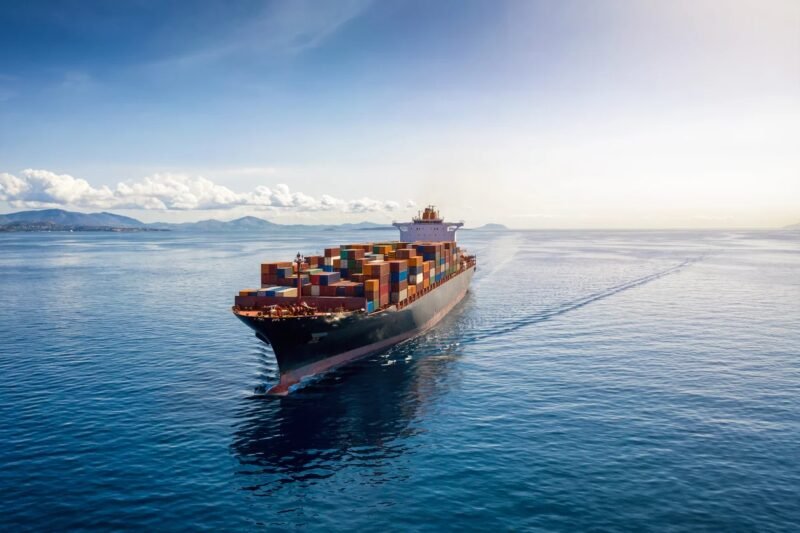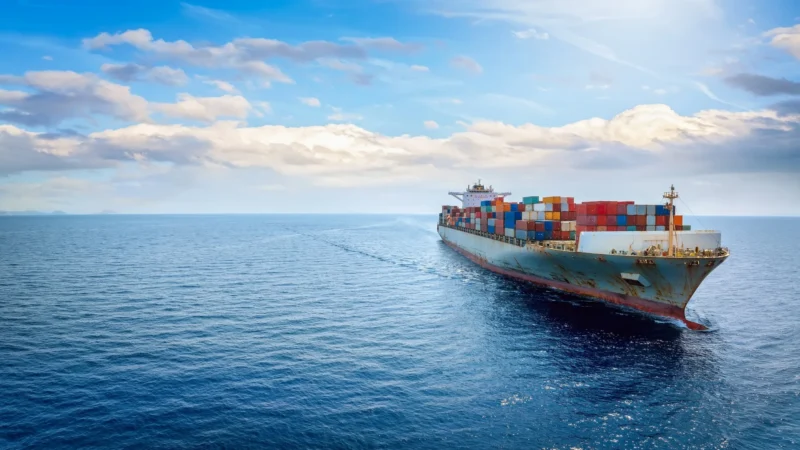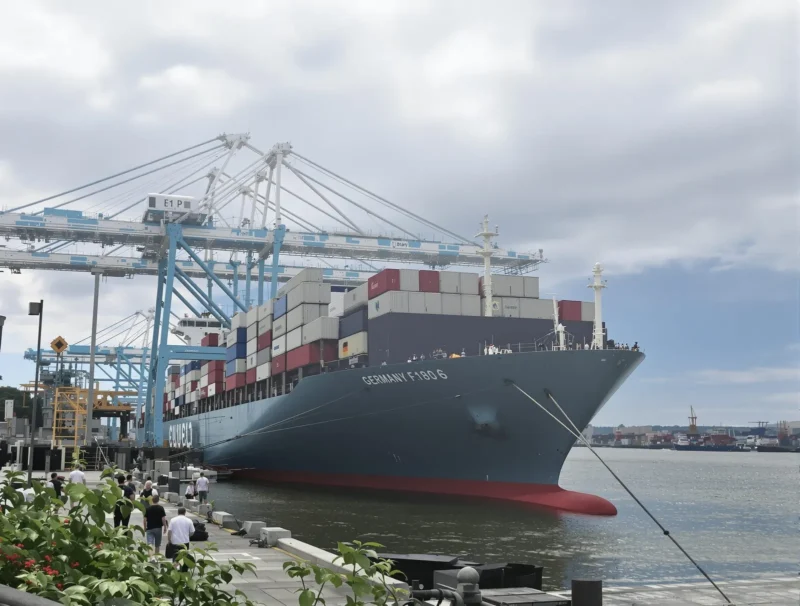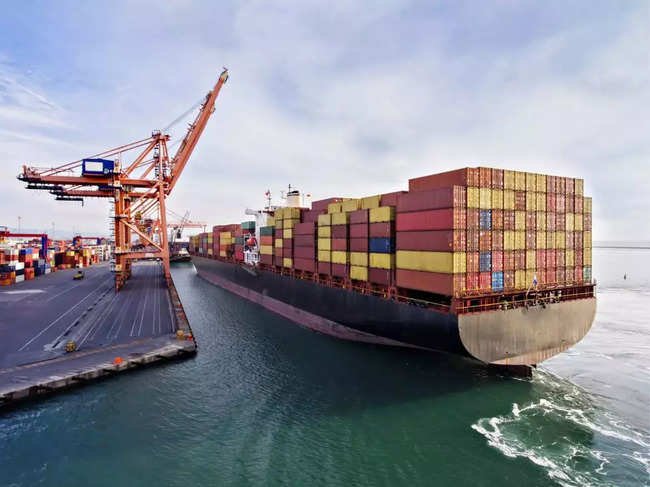The European Environment Agency (EEA) has highlighted the urgent need for the maritime transport sector to accelerate efforts to reduce emissions and decarbonize. A recent report from the EEA revealed that methane emissions from maritime transport have doubled between 2018 and 2023 due to increased demand. The sector currently accounts for three to four percent of the EU’s CO2 emissions, a figure that needs to decrease significantly.
Despite the essential role maritime transport plays in the European economy, it poses various environmental challenges. In addition to greenhouse gas emissions, the sector contributes to water pollution, underwater noise, and littering. CO2 emissions from maritime transport in 2022 were similar to pre-pandemic levels, with nitrogen oxide emissions also on the rise across the EU. The report also highlighted issues such as oil spills, wastewater discharge, and plastic pollution from ships.
The EEA emphasized the importance of transitioning to cleaner fuels and adopting sustainable practices in ports and shipping to protect marine and coastal ecosystems. Currently, only 3.3 percent of the world’s gross tonnage is transported using alternative fuels and batteries, with biofuels facing competition from various sectors. Efforts to monitor and reduce marine waste from fishing and maritime transport have shown progress but remain challenging. Accelerating decarbonization efforts is crucial to mitigate the environmental impacts of maritime transport.


















